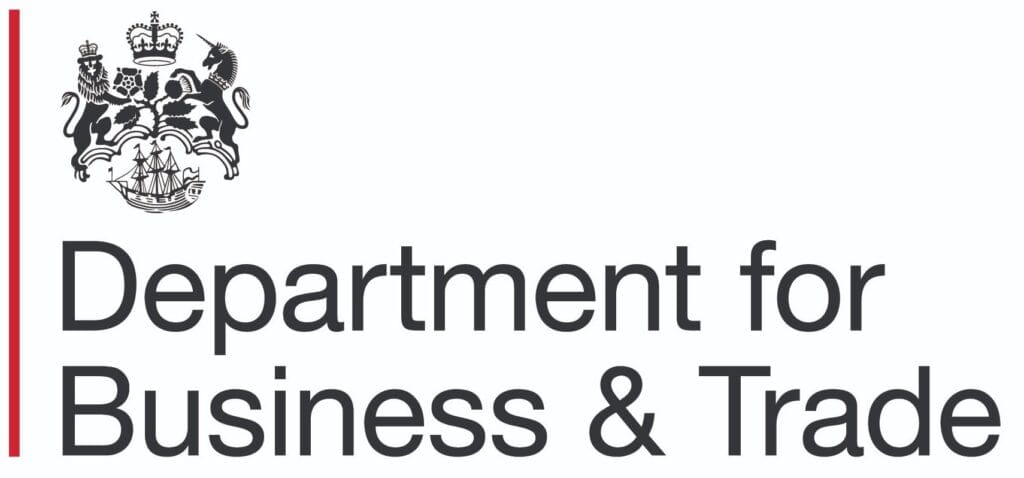Kelly Devine is the Divisional President, UK & Ireland at Mastercard. In her role Kelly is responsible for the strategy, direction and overall success of all aspects of Mastercard’s business across the UK and Republic of Ireland.
Prior to this role Kelly was SVP for Account Management and Business Development for the UK & Ireland, leading Mastercard’s consumer issuing relationships, including those with high street retail banks such as Lloyds, HSBC, RBS, Santander, TSB, Tesco and Bank of Ireland.
Kelly joined Mastercard in 2015 to lead the division’s commercial payments business. Before joining Mastercard, Kelly spent ten years at American Express, latterly as VP of Customer Experience responsible for selling and delivering consulting services. She’s held roles in Business Development, Salesforce Effectiveness and Product Management, as well as Chief of Staff for the Vice Chairman.
Kelly began her career as a consultant at PwC, after gaining her degree in Economics from the London School of Economics.
Interview with Kelly Devine for Pay 360 e-Book
- What can we look forward to from your session at PAY360 Digital?
The pandemic has really exposed the link between poverty and digital exclusion and highlighted the digital divide in society. I’d like to address what we can do as an industry to ensure everyone is prepared for a digital future and no one is left behind.
Digital goods, services and platforms have been fully integrated into the global economy, and the potential positive impact on growth and inclusion is clear. Mobile technology has the potential to draw an extra 607 million people into the financial mainstream – and reduce the world’s unbanked population by more than a third.
We can’t make the change happen alone, we need an ecosystem with partners – from governments, NGOs, banks, telecommunication companies, utilities, and payment networks – that are willing and able to collaborate to provide products and services that are relevant to the under-served, driving both access and usage to innovate and tackle financial and digital exclusion.
- Why is the topic important to you and your company?/Why is the topic so important now?
Mastercard continues to innovate to drive financial inclusion through digital payments methods and provide a bridge for those individuals and businesses that want to move towards the benefits that such payments methods can afford them over cash.
Five years ago, Mastercard set an ambitious goal to bring 500 million individuals into the digital economy by 2020. Since pledging its commitment, Mastercard has implemented hundreds of financial inclusion programs across the world, working closely with financial institutions, other businesses, governments and NGOs. Now that we have achieved that, we’re focused on extending our commitment to bringing in a total of 1 billion individuals by 2025.
We understand this crisis is, for many vulnerable individuals, exacerbating digital and, in turn, financial exclusion. Many who rely on being able to pay for goods and services using cash, and who may already be digitally excluded because of limited or no access to digital devices or services, have been unable to easily access essential online services.
Driving growth that is inclusive requires us to put the digital economy to work for everyone, everywhere. That means we need to build commercially sustainable solutions for social impact that can scale, and not only apply time, money and technology on a philanthropic basis.
- Where are the industry challenges & pain points around financial inclusion? How can these be overcome?
All of us in the industry have been laser focused on digitization for many years now but innovation is not one and done and as new technologies emerge we need to make the ever-expanding universe of digital transactions safe, smart and accessible.
Designing products and services that meet consumer needs is the most reliable way of supporting
financially vulnerable people. Considerations include how they are able to access it, the level of personalisation they require, whether they have KYC challenges, what type of support they need and most importantly what they want it to enable them to do. And, having developed the most relevant products and services, making sure they know about them and building trust in financial technology are vital in their adoption.
- Where are the opportunities?
There are still more than a million people in the UK who don’t have a bank account. They end up paying a banking “poverty premium” of around £500 extra each a year for bills and basic services because they’re missing out on preferential deals and discounts on utility bills, mobile phone contracts, broadband and personal loans. The knock-up impact on people’s lives is significant.
We need to give them the opportunity to enter the financial system.
- If you had a magic wand what would you change?
To create equality of opportunity – so everyone has access to the services they need, and there’s a level playing field for everyone.
- Where do you see the industry going with this in the next upcoming years?
There’s a trade-off between protecting the status quo and preparing everyone for a digital future. We know, for example, that there’s still a certain segment of society that is very reliant on cash and using local banks. Do we spend time and money maintaining that kind of infrastructure so we can continue to serve that community, or do we divert some of those resources into helping to digitally engage that segment of society? Business, government and civil society must work together to find the right balance between protecting what’s needed for today and preparing for tomorrow.



